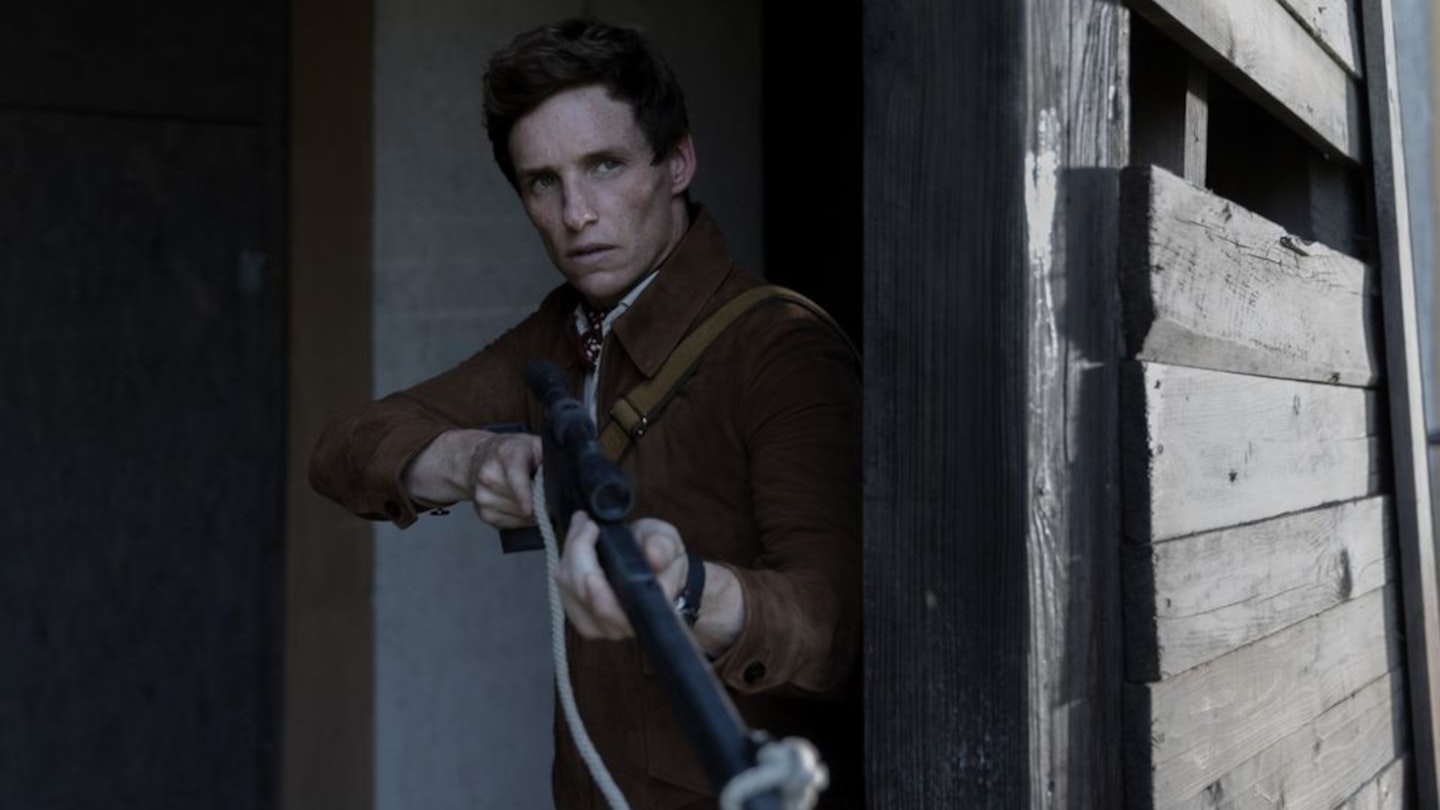The Day of the Jackal (1973) – Precision, Patience, and the Perfect Killer
The Day of the Jackal, directed by Fred Zinnemann and based on the best-selling novel by Frederick Forsyth, is a masterclass in slow-burning suspense and procedural storytelling. Released in 1973, the film is a fictionalized account of an attempted assassination of French President Charles de Gaulle, carried out by a cold, anonymous assassin known only as the Jackal.
Set in the early 1960s, the story begins with a failed military coup by the OAS, a right-wing paramilitary group opposed to de Gaulle’s policies in Algeria. With their leaders arrested or in hiding, they hire a foreign contract killer — calculating, emotionless, and invisible — to eliminate the president. His only rule: complete freedom to plan and execute the hit his way.
As the Jackal prepares his mission with meticulous detail — acquiring false identities, forging documents, testing custom weapons — French authorities race to uncover his identity and stop him. The tension lies not in explosive action, but in the duel of minds: a killer who leaves no trail, and a government determined to find one.

What makes The Day of the Jackal so compelling is its realism. There are no Hollywood theatrics. Every move the Jackal makes feels plausible, grounded, and terrifyingly efficient. The film doesn’t glorify him, but it does respect his intelligence. The result is a thriller that’s calm, methodical, and utterly absorbing.
With its muted color palette, documentary-like direction, and sparse musical score, the film remains a template for modern political thrillers. It’s not about who the Jackal is — it’s about how far he’s willing to go and how close he gets.
The Day of the Jackal is a film of patience and precision — a quiet, relentless march toward a single shot that could change history.

-1751036189-q80.webp)

